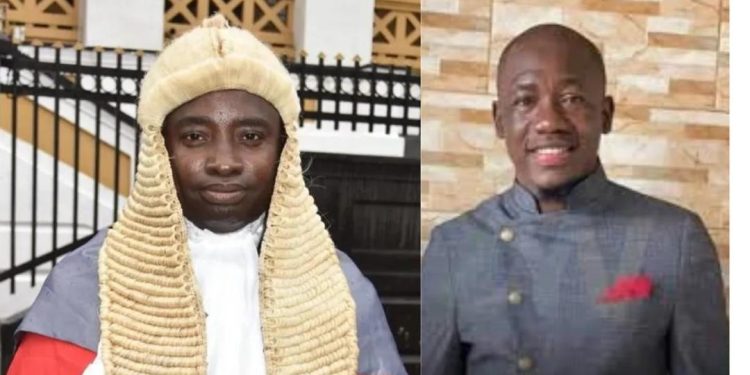By Mackie M. Jalloh
In what has become a controversial move, Justice Momoh Jah-Stevens has once again delayed the high-profile trial of Abdul Kpaka, accused of the brutal murder of his girlfriend, Sia Kamara.The case, which has already garnered widespread public attention, has been adjourned to Thursday, September 26, 2024, raising concerns about the pace of justice in a case so severe.
Kpaka, represented by defense attorneys C.A. Bangura and A. Fullah, faces two counts: the murder of Kamara and the charge of perverting the course of justice, the latter alleging that Kpaka tampered with evidence. Despite the serious nature of these charges, the constant delays in court proceedings have drawn sharp criticism from both the public and legal observers. Kpaka pleaded not guilty to both charges, yet the case seems to be dragging with no resolution in sight.
While addressing the court, Justice Jah-Stevens emphasized the need for the trial to be conducted impartially and in accordance with the law. However, his decision to adjourn the trial further has been met with frustration. Many are questioning the court’s commitment to swift justice, especially in light of the emotional and legal complexities of the case.
Additionally, the judge’s refusal to grant bail to Kpaka was justified by concerns for both his safety and that of the state, but critics argue that the focus should now be on expediting the legal process rather than stalling it. Justice delayed, in the eyes of many, is justice denied.
With both legal teams now instructed to fully prepare for the upcoming trial, public pressure continues to mount on the judiciary to ensure that justice for Sia Kamara is not buried beneath bureaucratic delays. The case will resume on September 26, but the prolonged adjournments have left many questioning the efficiency and fairness of the legal process in such a serious matter.










